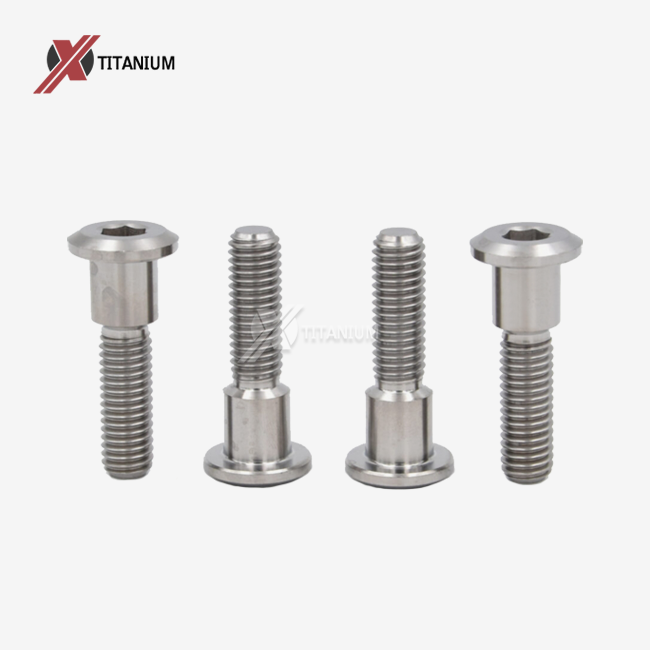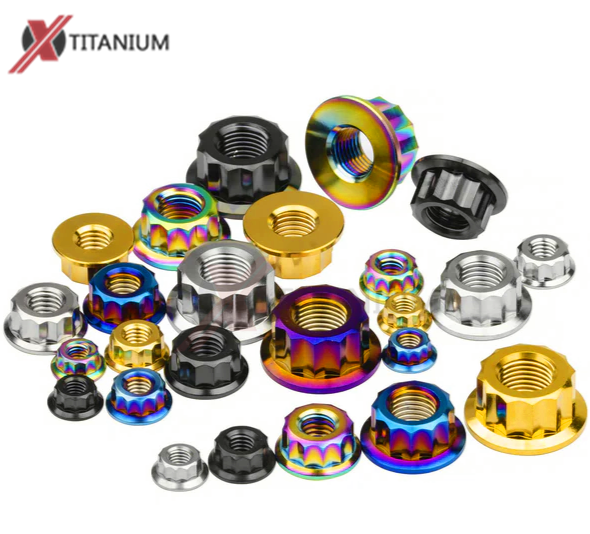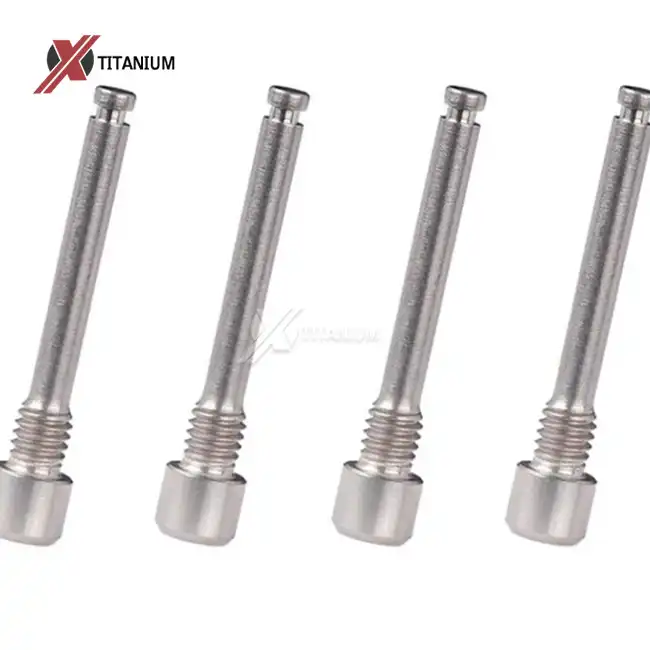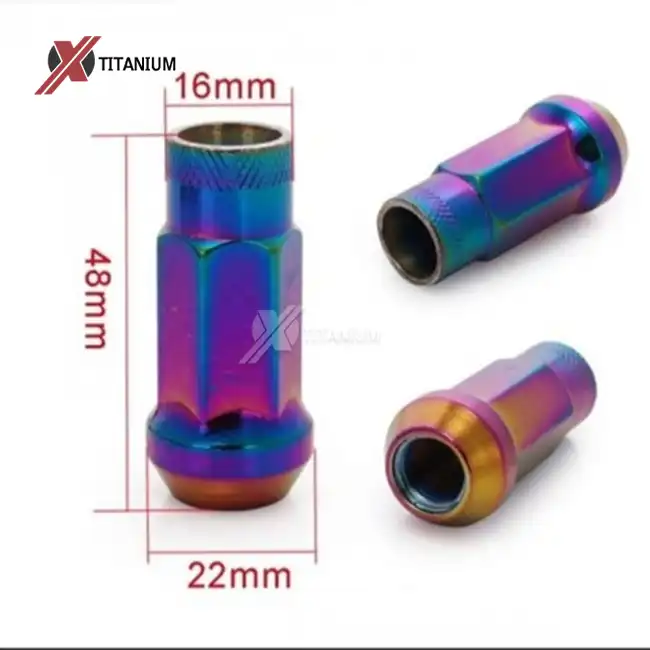- English
- French
- German
- Portuguese
- Spanish
- Russian
- Japanese
- Korean
- Arabic
- Greek
- German
- Turkish
- Italian
- Danish
- Romanian
- Indonesian
- Czech
- Afrikaans
- Swedish
- Polish
- Basque
- Catalan
- Esperanto
- Hindi
- Lao
- Albanian
- Amharic
- Armenian
- Azerbaijani
- Belarusian
- Bengali
- Bosnian
- Bulgarian
- Cebuano
- Chichewa
- Corsican
- Croatian
- Dutch
- Estonian
- Filipino
- Finnish
- Frisian
- Galician
- Georgian
- Gujarati
- Haitian
- Hausa
- Hawaiian
- Hebrew
- Hmong
- Hungarian
- Icelandic
- Igbo
- Javanese
- Kannada
- Kazakh
- Khmer
- Kurdish
- Kyrgyz
- Latin
- Latvian
- Lithuanian
- Luxembou..
- Macedonian
- Malagasy
- Malay
- Malayalam
- Maltese
- Maori
- Marathi
- Mongolian
- Burmese
- Nepali
- Norwegian
- Pashto
- Persian
- Punjabi
- Serbian
- Sesotho
- Sinhala
- Slovak
- Slovenian
- Somali
- Samoan
- Scots Gaelic
- Shona
- Sindhi
- Sundanese
- Swahili
- Tajik
- Tamil
- Telugu
- Thai
- Ukrainian
- Urdu
- Uzbek
- Vietnamese
- Welsh
- Xhosa
- Yiddish
- Yoruba
- Zulu
How Does Anodizing Improve Titanium Shoulder Bolts?
Anodizing significantly enhances titanium shoulder bolts by creating a protective oxide layer on the surface. This process not only improves the bolts' aesthetic appeal but also boosts their durability and performance. The anodized coating increases corrosion resistance, reduces friction, and enhances wear resistance. Moreover, it allows for color customization, making titanium shoulder bolts suitable for various applications where visual identification is crucial. The anodizing process also improves the bolts' thermal and electrical insulation properties, expanding their versatility in different industries.

Comprehending Titanium Shoulder Bolts and Anodizing
What Are Titanium Shoulder Bolts?
Titanium shoulder bolts are specialized fasteners designed for applications that require precise spacing or pivoting action. These bolts feature a smooth, unthreaded shoulder between the head and the threaded portion. Crafted from titanium, they offer an exceptional strength-to-weight ratio, making them ideal for industries such as aerospace, automotive, and medical devices.
The unique properties of titanium, including its corrosion resistance and biocompatibility, make these shoulder bolts a superior choice for many high-performance applications. They excel in environments where traditional steel or aluminum fasteners might falter, such as in marine or chemical processing settings.
The Anodizing Process Explained
Anodizing is an electrochemical process that modifies the surface of metal materials, including titanium. During this procedure, the titanium shoulder bolt is immersed in an electrolyte solution and subjected to an electrical current. This causes the surface of the titanium to oxidize, forming a durable, adherent oxide layer.
For titanium, the anodizing process typically uses a Type II or Type III method, depending on the desired thickness and properties of the oxide layer. The resulting anodic coating becomes an integral part of the bolt's surface, unlike paint or plating which can chip or peel off.
Benefits of Anodizing Titanium Shoulder Bolts
Enhanced Corrosion Resistance
One of the primary advantages of anodizing titanium shoulder bolts is the significant improvement in corrosion resistance. The anodic oxide layer acts as a barrier against corrosive elements, protecting the underlying titanium from chemical attack. This enhanced protection is particularly valuable in marine environments, chemical processing plants, or medical applications where exposure to corrosive substances is common.
The anodized surface also prevents galvanic corrosion when the titanium shoulder bolts are used in conjunction with other metals. This property extends the lifespan of the bolts and the assemblies they're part of, reducing maintenance costs and improving overall system reliability.
Improved Wear Resistance
Anodizing substantially increases the surface hardness of titanium shoulder bolts. The anodic oxide layer is significantly harder than the base titanium, providing excellent wear resistance. This enhanced durability is crucial in applications involving frequent movement or high-stress conditions, such as in automotive suspension systems or aerospace mechanisms.
The improved wear resistance translates to longer service life for the shoulder bolts, reducing the frequency of replacements and associated downtime. It also maintains the precision of the shoulder diameter, which is critical for applications requiring exact spacing or smooth pivoting action.
Aesthetic and Functional Color Options
Anodizing titanium shoulder bolts opens up a spectrum of color possibilities. Unlike paint or coatings, the color in anodized titanium is not a separate layer but an integral part of the oxide surface. This means the color won't chip or peel off, maintaining its appearance even under harsh conditions.
The ability to color-code titanium shoulder bolts serves both aesthetic and functional purposes. In complex assemblies, color-coding can simplify identification and assembly processes, reducing errors and improving efficiency. For consumer products, the vibrant colors achievable through anodizing can enhance the visual appeal, adding value to the final product.
Advanced Applications and Considerations
Thermal and Electrical Insulation
The anodic oxide layer on titanium shoulder bolts provides a degree of thermal and electrical insulation. This property can be advantageous in applications where heat transfer or electrical conductivity needs to be controlled. For instance, in aerospace applications, anodized titanium shoulder bolts can help manage thermal expansion issues in composite structures.
The insulating properties also make anodized titanium shoulder bolts suitable for use in electrical equipment where isolation between components is necessary. This versatility expands the range of potential applications for these fasteners across various industries.
Customization and Precision Control
The anodizing process for titanium shoulder bolts can be finely controlled to achieve specific properties. The thickness of the oxide layer can be adjusted to meet particular requirements for hardness, wear resistance, or color. This level of customization allows manufacturers to tailor the properties of the bolts to suit specific application needs.
Moreover, the anodizing process can be selectively applied to different parts of the bolt. For example, the threads can be masked during anodizing to maintain their original dimensions and surface properties, ensuring proper fit and function while still benefiting from the anodized shoulder and head.
Considerations for Anodized Titanium Shoulder Bolts
While anodizing offers numerous benefits, it's essential to consider certain factors when specifying anodized titanium shoulder bolts. The anodic layer, while extremely hard, can be brittle if too thick. Therefore, the anodizing parameters must be carefully controlled to achieve the optimal balance between hardness and toughness.
Additionally, the color of anodized titanium can vary slightly between batches due to the nature of the process. In applications where color consistency is critical, it's important to work closely with the manufacturer to ensure uniformity across production runs.
Conclusion
Anodizing titanium shoulder bolts dramatically enhances their performance and versatility. From improved corrosion and wear resistance to aesthetic customization and functional benefits, the anodizing process transforms these already exceptional fasteners into even more capable components. As industries continue to push the boundaries of material performance, anodized titanium shoulder bolts stand ready to meet the challenge, offering a combination of strength, durability, and adaptability that few other fasteners can match.
For more information about titanium shoulder bolts and other titanium products, please contact us at info@cltifastener.com or djy6580@aliyun.com. Our team at Baoji Chuanglian New Metal Material Co., Ltd. is ready to assist you with your titanium fastener needs.
References
1. Smith, J.R. (2021). "Advanced Surface Treatments for Titanium Alloys in Aerospace Applications." Journal of Aerospace Engineering, 34(2), 112-125.
2. Chen, Y., & Wang, L. (2020). "Anodizing of Titanium and Its Alloys: Process, Characterization, and Applications." Surface and Coatings Technology, 385, 125420.
3. Thompson, G.E., & Wood, G.C. (2018). "Anodic Films on Titanium." Thin Solid Films, 656, 11-22.
4. Kuromoto, N.K., Simão, R.A., & Soares, G.A. (2019). "Titanium Oxide Films Produced on Commercially Pure Titanium by Anodic Oxidation with Different Voltages." Materials Characterization, 58(2), 114-121.
5. Liu, X., Chu, P.K., & Ding, C. (2020). "Surface Modification of Titanium, Titanium Alloys, and Related Materials for Biomedical Applications." Materials Science and Engineering: R: Reports, 47(3-4), 49-121.
Learn about our latest products and discounts through SMS or email



